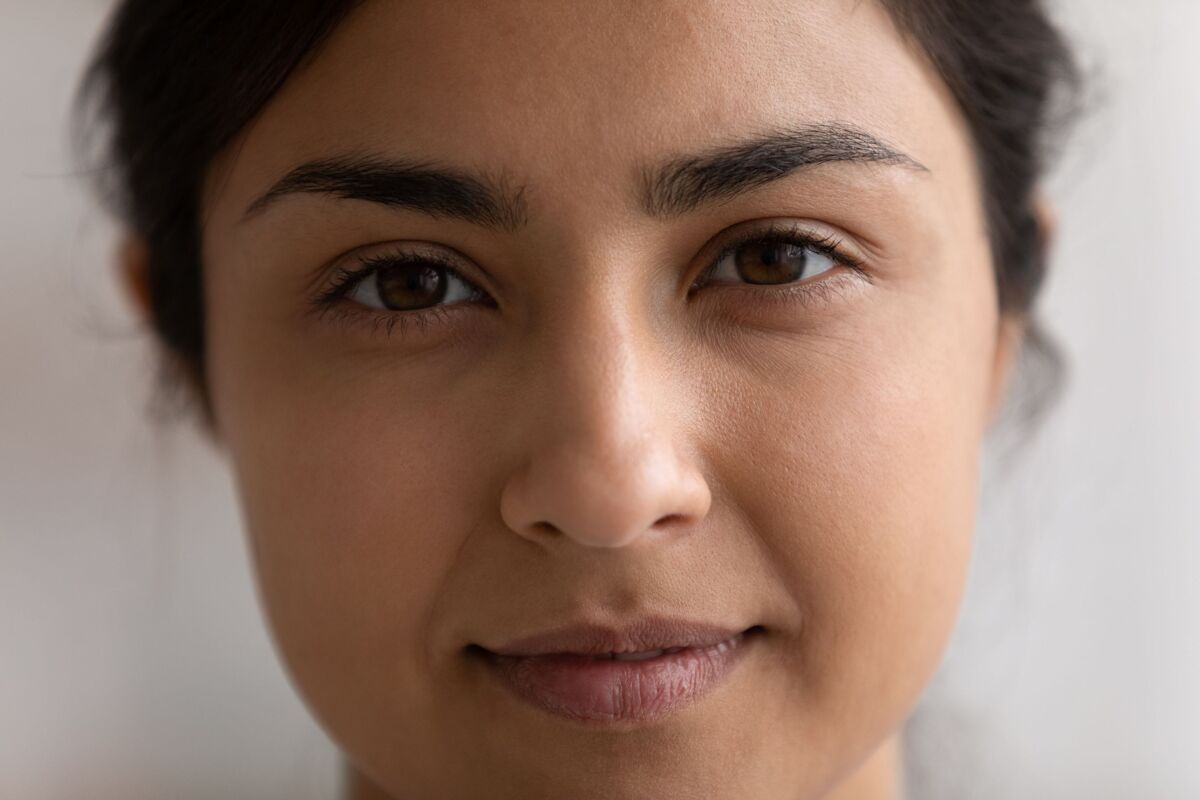Working together to end female genital mutilation in Sussex
Young girls should be happy, not hurt. Together we can stop FGM.
Female genital mutilation (FGM) refers to all procedures involving partial or total removal of the external female genitalia, or other injury to the female genital organs, for non-medical reasons.
FGM is also known as female circumcision or cutting, and by other terms, such as sunna, gudniin, halalays, tahur, megrez and khitan, among others.
It is estimated that 170,000 women and girls living in the UK have undergone FGM and approximately 60,000 girls under 15 years old are at risk.
FGM is child abuse and illegal in the UK. We believe it is everyone’s responsibility to put a stop to it.
Worried a woman or girl is at risk?
If you are concerned that a woman or girl is in immediate danger of FGM, contact the police by calling 999.
If you have information on those performing these procedures or aiding cutting, contact Crimestoppers 100% anonymously - call 0800 555 111 or use our online form, here on our website:
You can be safe in the knowledge no one will know you called us. We speak your language on the phone or online. 24/7, 365 days a year. Just call 0800 555 111 or fill in our online form.
- Who are the cutters?
- Where are girls cut in your community?
- Who is facilitating / aiding / abetting offences?
- When are the girls going?
- Where are the girls going?
- At what age are they being cut?
- Which travel routes are being used / hubs in and out of UK by cutters?
- Where are girls coming from to be cut in the UK?
- The procedure often results in life changing health problems and sometimes death.
- FGM is illegal and a form of child abuse. Those that perform the procedure or facilitate FGM can be prosecuted and face 14 years in prison.
- There is no religious reason to have this done. Religious leaders have come out and said FGM is haram. FGM is a cultural issue, which society - i.e. you - can help stop.
- No medical benefit. There is no medical reason as to why woman should have this procedure.
- It could happen to anyone: FGM is a global issue. It is important to remember that British people descended from practising communities may be at risk, as might be women who marry into an FGM-practising community.
- The procedure is never safe. FGM performed in the UK is not safer – ‘doctors’ who perform FGM are not endorsed by the NHS and are performing this procedure illegally.
Other ways to report:
If you're worried a child is at risk of or has already had FGM, call the NSPCC’s FGM helpline on 0800 028 3550 or email fgm.help@nspcc.org.uk.
In an emergency, always call 999.
Learn more about FGM and what other organisations are doing to help those affected by it:
- The National FGM Centre is a partnership between Barnardo’s and the Local Government Association (LGA) to achieve a system change in the provision of services for children and families affected by FGM.
Visit nationalfgmcentre.org.uk to access and download toolkits to help you talk about FGM. - 28 Too Many undertakes research and provides knowledge and tools to those working to end FGM in the countries in Africa where it is practised, and across the diaspora worldwide.
Are you a victim of FGM?
- Visit Hersana CIC, a non-profit organisation who work tirelessly to end violence against women and girls in all its forms. Hersana also provide black femme survivors with holistic therapy services, independent advocacy, cultural-sensitive outreach, specialist training and workshops, and creative practical support services throughout Sussex.
- Contact NSPCC FGM helpline – a 24-hour free helpline for anyone worried about someone they believe is at risk of FGM: 0800 028 3550.
- Or to receive specialist practical and emotional support, contact Victim Support.
